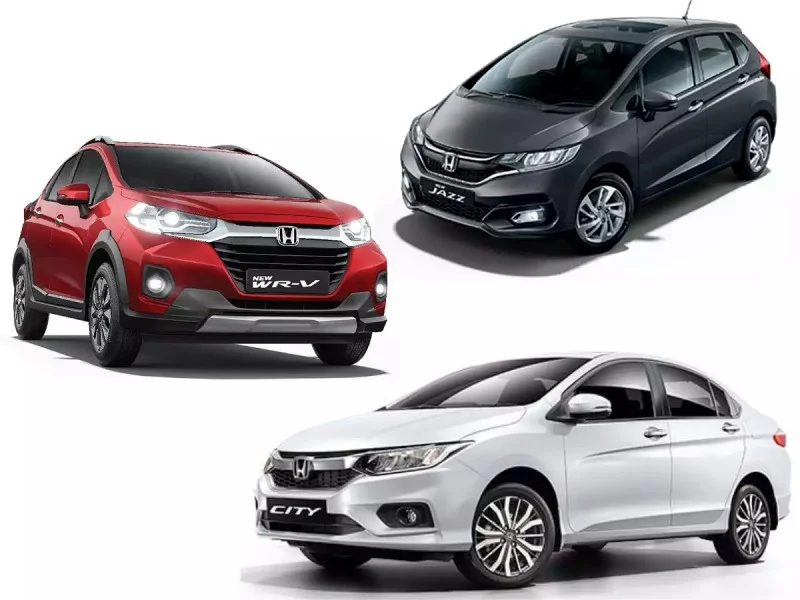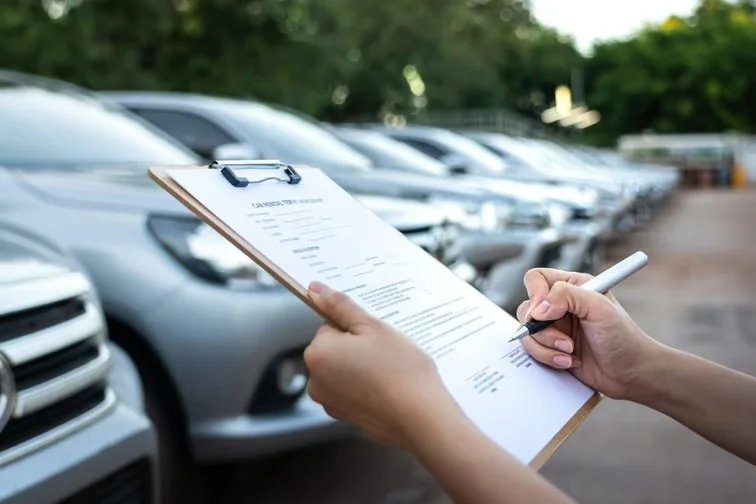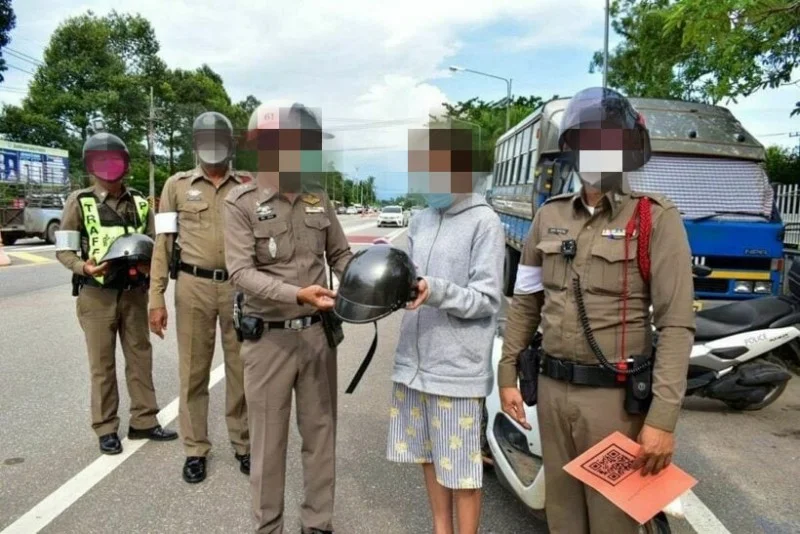With literally millions of visitors gracing Phuket’s shores each year, you can find just about every style of traveller. There are those who book pre-determined tours leaving nothing to chance, those who happily spend two weeks in a lounge chair at a beach resort, and the more adventurous who seek to explore every nook and cranny of the island. Amongst this spectrum lie a cross-section who will want the autonomy of having their own transportation, and if there’s more than two of you and you want more comfort and safety, you’re going to need to rent a car.

You’ll find a wide range of options of rental cars on the island from small budget-friendly hatchbacks to premier luxury cars and even supercars. The most common compact models rented include the Toyota Yaris, Vios, and Altis as well as the Honda Brio, Jazz, and City. They are the most popular choices not only because of the affordable price, but they are easy to manoeuvre through traffic and to park. For transporting more people, you can look at the Toyota Avanza, Sienna, and Fortuner and the Honda Freed or Suzuki APV. You can also rent speciality vehicles like hybrids, open-air jeeps, and Ferraris or Lamborghinis.
When searching online you’ll find a seemingly endless amount of car rental companies in Phuket from notable international chains to local mom-and-pop shops. You may get better service with big companies, but not necessarily, and you’ll probably pay a bit more. There are many local companies which rent late-model vehicles at good rates with great service. Depending on the model, time of year, and demand, you may be able to find a budget car for around THB 700-800 per day up to THB 130,000 for a Ferrari. There’s literally something for everyone.

While the majority of rental cars will have proper insurance (companies want to protect their investment after all), you should confirm that the vehicle is properly insured and that there’s paperwork in the car to prove it should it be necessary. Read over the contract to make sure there aren’t any hidden fees that have yet to be disclosed whether it’s fuel surcharges or limited mileage.
Inspect the vehicle closely for previous damage, especially if the rental agent doesn’t volunteer to walk around and note the damage. Note scratches, scrapes, and dents, and check under the vehicle as well as the interior. Take extensive photos or, better yet, a video clearly depicting all damage to avoid any disputes. Note that if you do damage the vehicle, it is common practice (as it is in most countries) for the repair costs to be inflated to compensate the company for the time the vehicle is in the shop and unable to be rented.

Depending on where you are coming from, keep in mind that driving in Phuket is likely to be quite different to what you’re used to, especially if they drive on the right side of the road in your home country. Watch out for the many motorbikes that will pass on both sides without turn signals. Motorbikes generally have the right of way and in case of an accident, the car is often at fault. It’s a very good idea to have a camera in the car and request one from the rental agency. Traffic laws are almost never enforced and there are many irresponsible drivers – driving slow and making slow deliberate manoeuvres goes a long way to avoiding problems.